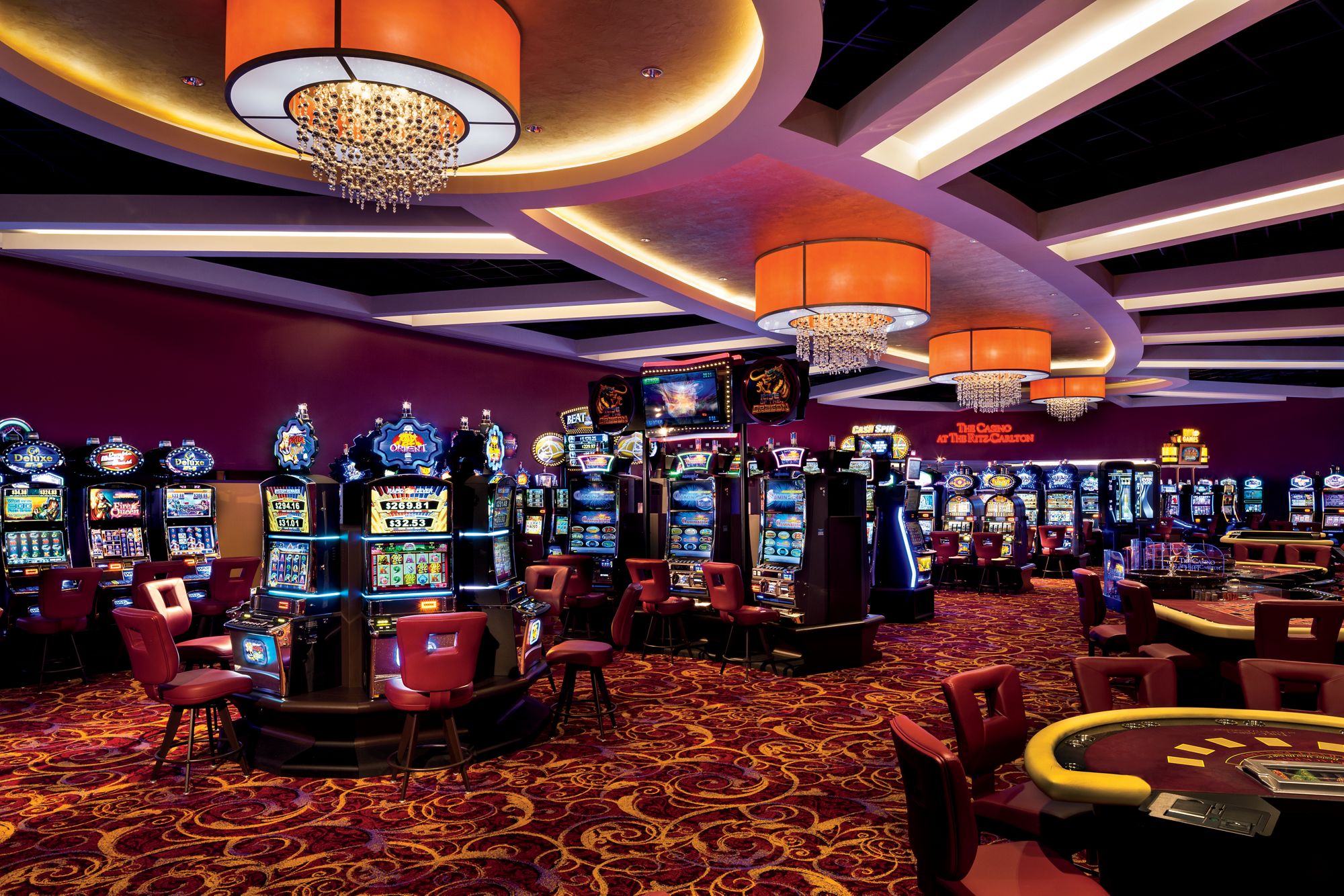Casino games have captivated players over the ages, transforming from easy diversions to intricate adventures that integrate luck, skill, and entertainment. From the early beginnings of gambling in societies including the ancient societies of Mesopotamia and Rome to the extravagant corridors of modern casinos, the history of these games uncovers much about human nature and our connection with luck. As cultures blended and technological advancements have occurred, casino games have changed, illustrating societal changes and innovations in gameplay.
The earliest forms of gambling likely included elementary dice games and betting on the outcomes of athletic contests. As time passed, these basic forms of gambling grew into more structured games like playing card games, the game of roulette, and the myriad slot games that line the floors of casinos today. Each era brought its own set of rules, aesthetics, and social relevance. Today, casino games persist in evolving with the rise of internet-based platforms, enabling players from all corners of the globe to join in a common experience, further blending the traditional with the digital age.
Early Beginnings of Casino Games
Gaming activities have roots that reach back to historical civilizations, where wagering was profoundly entrenched in cultural traditions and social customs. The first known forms of betting emerged in Mesopotamia around three thousand BC, involving primitive dice games made from knuckle bones. These early activities laid the foundation for more advanced gambling games, reflecting humans’ innate urge to pursue fortune and amusement through chance.
As civilizations progressed, so did their betting interests. In early China, around 2300 BC, objects were discovered that looked like early rudimentary versions of a lottery game. More organized instances of gambling arose in the Roman civilization, where games of chance were a popular recreation, often occurring in community gatherings. The Romans developed different wagering activities, which entailed die and board games, showing the pervasive nature of gambling across various social classes.
With the movement of years, these primitive activities influenced the progress of contemporary gambling activities. In the Middle Ages, playing card activities became prevalent in European culture, paving the way for the professional gaming venues we know today. The shift from casual gambling to formal gambling in taverns and personal homes marked a major shift in how people interacted with games of luck, leading to the subsequent creation of gaming houses as specialized venues for gambling.
The Growth of Modern Gambling Industry
The final 1960s and 1970s marked a significant shift in the realm of gaming, driven by technological progress and changes in cultural attitudes towards betting. The emergence of personal computers and the World Wide Web transformed the way players engaged with their beloved games. Virtual casinos emerged, allowing players to enjoy traditional table games like poker and 21 from the safety of their own homes. This new online environment not only expanded availability to casino games but also attracted a fresh demographic who found the ease and diversity tempting.
As digital gaming gained traction, so did developments in casino tech. The advancement of sophisticated software and visual elements converted traditional gambling games into captivating experiences. Players could now connect with live live dealers through live streaming, bringing the feel of physical casinos directly into their living rooms. This fusion of in-person play with online platforms created a new hybrid model that enhanced the social aspect of gambling, allowing it possible for individuals to connect and challenge with fellow gamers around the planet.
Additionally, the growth of gaming on mobile devices substantially changed the casino landscape. With the widespread use of mobile phones and tablets, gamblers can access their beloved gaming options anywhere, anytime. Nhà Cái bj88 Mobile applications offer a vast array of games customized for touchscreens, serving the dynamic lifestyle of contemporary gamers. This accessibility has led to increased engagement in gambling, contributing to the surge of the gaming industry. As a result, the prospects of the gaming industry continues to progress, responding to new technologies and shifting player expectations.
How Technology Influences Casino Games
The evolution of technology has significantly transformed casino games, enhancing the overall gaming experience for players around the world. With the introduction of the internet, online casinos emerged, allowing players to play their preferred games from the comfort of their homes. This change not only made casino games more accessible but also expanded the variety of games available, as online platforms could offer many different versions of traditional games without the physical constraints of physical casinos.
Mobile technology further revolutionized the casino gaming landscape. With the proliferation, players can to play casino games anytime and anywhere. This mobility has resulted in the development of dedicated mobile applications and optimized websites that provide seamless gaming experiences. Additionally, advancements such as live dealer games have delivered the authentic atmosphere of a casino into players’ homes, connecting between physical and online gaming.
Furthermore, advancements in artificial intelligence and virtual reality are leading to the next generation of casino games. AI enhances game design and player interaction, creating customized experiences based on user behavior and preferences. Meanwhile, virtual reality provides immersive environments where players can interact in a simulated casino setting, making the gaming experience more engaging and lifelike. As technology continues to evolve, the future of casino games looks promising, filled with endless possibilities for innovation and entertainment.

